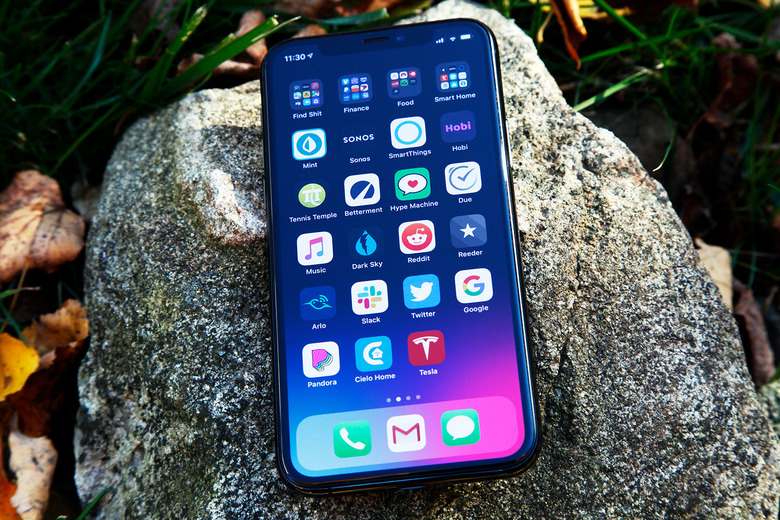Trusted Insider Says iPhone Sales Could Take A Massive Hit Following Trump's New Ban
- A WeChat ban on iPhone following Trump's executive orders that target two major Chinese companies could hurt Apple's iPhone sales significantly, says an insider.
- Analyst Ming-Chi Kuo warns that Apple could see a drop in global iPhone sales as big as 25-30% should Apple have to remove the popular chat platform from the App Store.
- WeChat is China's most popular instant messaging application, supporting plenty of additional features that make it a must-have app on iPhone and Android.
President Donald Trump signed two executive orders on Friday that prevent any US transactions with two massive Chinese tech companies in the latest development in the tech war between the two countries. ByteDance is the maker of TikTok, the popular social network that Trump targeted initially. But the administration's second executive order concerns another Chinese tech conglomerate, Tencent. The implications of the Tencent ban are even more significant, as the company happens to be the maker of a must-have chat app in China and an investor in several US companies. WeChat is the instant messaging platform that runs on iPhones and Androids alike in China, as well as other countries. In case the ban will force Apple to remove WeChat from the App Store, iPhone users would have no legitimate way to install the app. A trusted insider says this move alone could significantly impact Apple's iPhone sales.
Ming-Chi Kuo, a reputable analyst whose iPhone predictions are usually accurate, warns that global iPhone shipments could decline by as much as 25-30% if the handsets can't run WeChat. The chat app has more than 1.2 billion users worldwide, but the vast majority of them hail from China. The app isn't just an alternative to other popular instant messaging apps that offer cross-platform support. It's a massive platform of its own that offers additional features on top of instant texting support. The app can be used for payments and shopping as well, features that give it must-have status in the region.
Kuo said in a note to clients seen by MacRumors that a WeChat ban would have a direct impact on Apple's bottom line:
Because WeChat has become a daily necessity in China, integrating functions such as messaging, payment, e-commerce, social networking, news reading, and productivity, if this is the case, we believe that Apple's hardware product shipments in the Chinese market will decline significantly. We estimate that the annual iPhone shipments will be revised down by 25–30%, and the annual shipments of other Apple hardware devices, including AirPods, iPad, Apple Watch and Mac, will be revised down by 15–25%.
A WeChat ban would impact iPhone sales the most, but it might also affect other products that have been designed to work with the iPhone, like the Apple Watch and AirPods.
Kuo's optimistic scenario has Apple banning WeChat only from the US App Store. In such a case, iPhone shipments would be impacted by 3-6%, while other products would take a 3% hit.
Kuo recommended investors to reduce stock in companies that supply Apple, including LG Innotek and Genius Electronic Optical due to WeChat ban risks.
The orders do not take effect until September 20th, so things could still change by then.
A WeChat ban would impact iPhone sales, but the executive order might hurt other US companies that have partnered with Tencent. The Chinese conglomerate owns League of Legends as well as large chunks of Fortnite, and PUBG. It's also a major investor in other US businesses, including Hollywood, where it's involved in several projects that are yet to hit cinemas — Wonder Woman and Top Gun: Maverick are two such examples.
